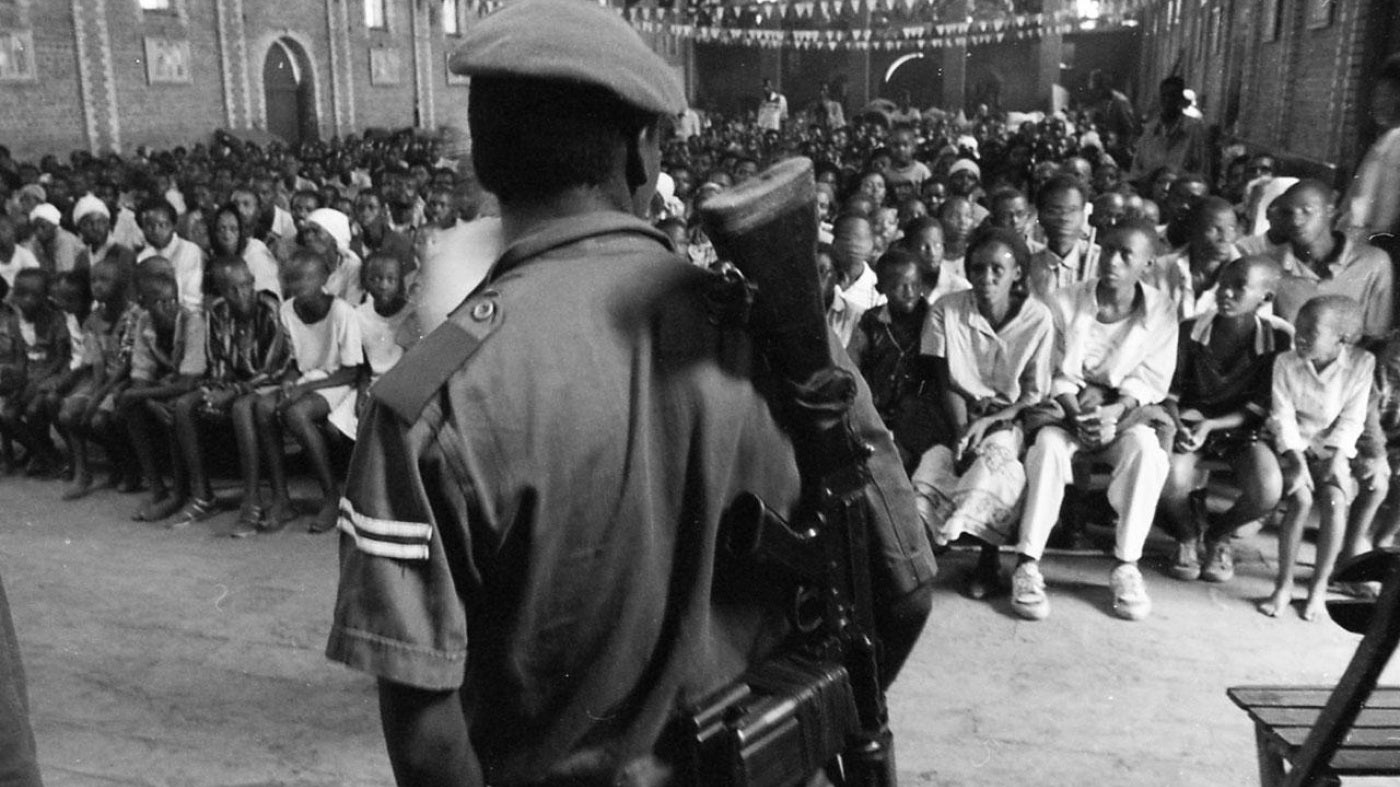[ad_1]

On 2 April, 2024 Human Rights Watch made a part of its Rwanda Archives public in digital kind.
Human Rights Watch has been documenting and exposing human rights violations in Rwanda for the reason that early Nineties. Its senior adviser within the Africa division, Alison Des Forges, one of many world’s foremost specialists on Rwanda, devoted her profession to the wrestle for human rights within the Nice Lakes area of Africa, and to Rwanda specifically. Within the interval main as much as the 1994 genocide, she labored tirelessly to alert world powers to the approaching disaster in Rwanda. Few would hear. By the point the genocidal forces had unleashed their sinister program and the world had woke up to the total horror that was unfolding in Rwanda, it was too late. The killings in Rwanda elevated as a civil warfare in Burundi waged on. The violence in Burundi, additionally primarily based on ethnic divisions between Hutu and Tutsi ethnic teams, lasted from 1993 till 2005.
Des Forges’s efforts didn’t cease when the genocide ended. She continued to painstakingly collect info on the killings, rapes, and different horrific crimes, which she compiled into what has turn out to be one of many primary reference books on the Rwandan genocide: “Go away None to Inform the Story: Genocide in Rwanda”, a 500-page account of the genocide printed collectively by Human Rights Watch and the Worldwide Federation of Human Rights (FIDH) in 1999.
Des Forges testified as an knowledgeable witness in 11 trials on the United Nations Worldwide Felony Tribunal for Rwanda (ICTR) in Arusha, Tanzania, in addition to in home court docket proceedings involving Rwandan genocide suspects in a number of international locations.
Des Forges campaigned vigorously for justice for the genocide till her tragic loss of life in a airplane crash within the US on February 12, 2009. She additionally documented human rights abuses by the brand new authorities of Rwanda after the genocide and advocated for accountability for all abuses, previous and current.
Thirty years after the genocide, Human Rights Watch has begun the method of digitizing and making accessible a few of Des Forges’s archives. The paperwork summarized under are a few of people who remained in Human Rights Watch possession after Des Forges’s loss of life and assist make clear efforts by Des Forges and others to warn about, after which try and cease, the genocide. These are only a collection of the various paperwork within the archives; others won’t be printed at the moment for a wide range of causes. The non-public exchanges, letters, statements, and reviews under don’t purport to be a complete account of the work of Human Rights Watch and others on the time, as it’s seemingly paperwork are lacking from the archive.
See additionally: https://www.trueheroesfilms.org/thedigest/awards/F42005AB-6691-4C7F-BA0D-1999D2279EA2
https://www.hrw.org/information/2024/04/02/human-rights-watch-rwanda-archives
This entry was posted on April 4, 2024 at 10:50 and is filed underneath books, HRW.
Tags: Alison Des Forges, Alison Des Forges Award, archives, documentation, genocide, historical past, Human Rights Watch
[ad_2]
Source link



